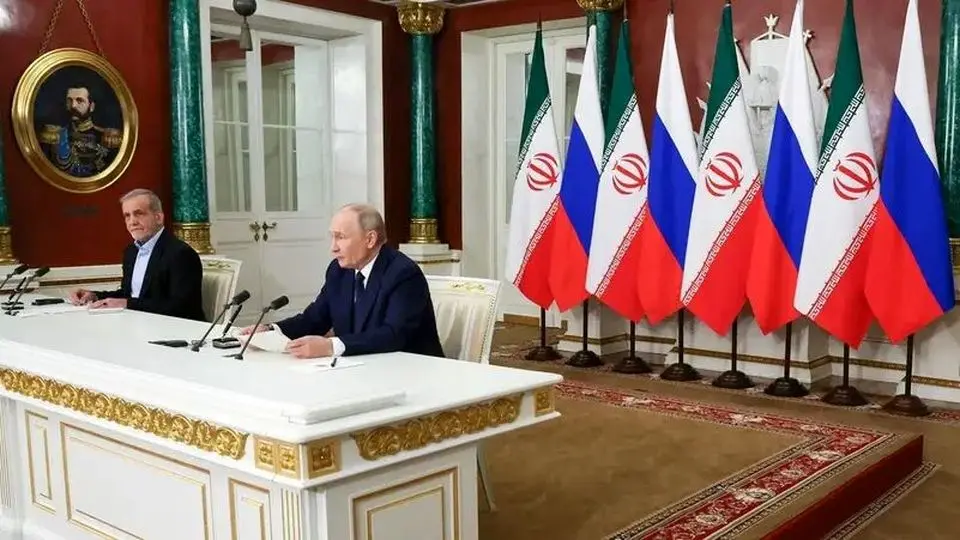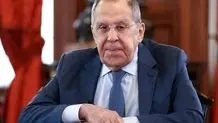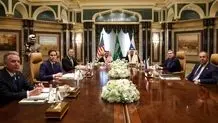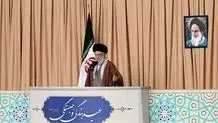Russia condemns Trump’s threat to strike Iran, warns of ‘catastrophic’ consequences
Deputy Foreign Minister Sergei Ryabkov slams the use of threats and ultimatums following Trump’s warning to bomb Iran unless Tehran agreed to a new deal with Washington.

IRNA - Russia has condemned U.S. President Donald Trump’s threat of military strikes on Iran, warning that such a move could have “catastrophic” consequences for the region.
Deputy Foreign Minister Sergei Ryabkov, in an interview with the Russian journal International Affairs, criticized the use of threats and ultimatums following Trump’s warning to bomb Iran unless Tehran agreed to a new deal with Washington.
“If they don’t make a deal, there will be bombing,” Trump said in an interview with NBC News over the weekend.
During his first term, Trump unilaterally withdrew the United States from a previous agreement with Iran and re-imposed sweeping economic sanctions on the country.
Ryabkov described Trump’s ultimatums as part of a broader strategy by Washington to impose its will on Iran. “We consider such methods inappropriate; we condemn them and view them as a way for the U.S. to impose its own will on the Iranian side.”
The Russian diplomat emphasized the urgency of diplomacy, urging all parties to work towards a reasonable agreement to avoid escalation while there is still time.
The Kremlin has offered to mediate between the U.S. and Iran.
On March 12, Trump sent a letter to Iran via an emissary from the United Arab Emirates (UAE). While the content of the letter has not been fully disclosed, Trump said he had urged Iran to negotiate a “new deal” and warned of potential military action if Tehran refused.
Iran responded to Trump’s letter through Oman.
On Sunday, President Masoud Pezeshkian said that Iran, in its response, had rejected direct negotiations with the U.S. under pressure but indicated that indirect talks remained an option.
He emphasized that the U.S.’s behavior would shape the course of negotiations, noting that Washington’s history of violating its commitments had eroded trust between the two sides.
Iranian officials consider negotiations with Britain, France, and Germany—signatories to the 2015 nuclear deal—as indirect talks with the United States.




